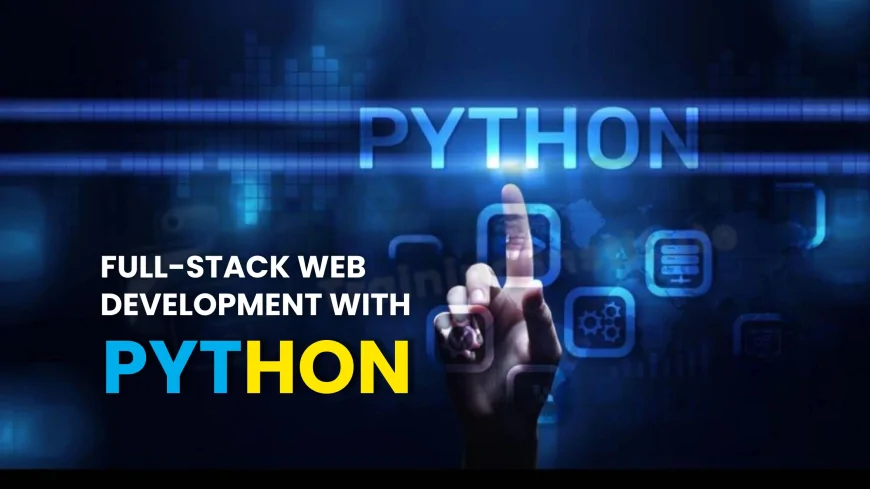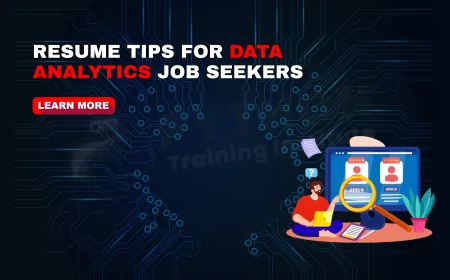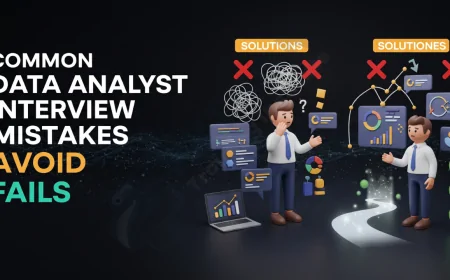Web Application Building Using Python Pune | Full-Stack Web Development with Python Pune
Learn how to build web applications using Python in Pune. Explore top frameworks like Django and Flask, build real-world projects, get certified, and deploy apps live with expert training from Pune’s best institutes.

Table of Contents
- Why Use Python for Web Apps?
- Popular Python Web Frameworks
- Key Skills You’ll Learn
- Step-by-Step App Development Workflow
- Tools & Technologies Covered
- Training & Support in Pune
- Project Examples & Portfolio
- Deploying Your Apps
- Career Opportunities
- FAQs
- Conclusion
Why Use Python for Web Apps?
Python’s simplicity, extensive libraries, and strong ecosystem make it a preferred choice for web development. Pune-based startups and IT firms favor Python frameworks like Django or Flask for building scalable, maintainable, and secure web applications at speed.
Popular Python Web Frameworks
- Django: A full-stack framework with ORM, authentication, admin panel—all batteries-included.
- Flask: A lightweight micro-framework ideal for rapid development and APIs.
- FastAPI: Modern, fast (async), and designed for building REST and GraphQL APIs.
- Others: Pyramid, Bottle, Tornado—used for specialized use cases.
Key Skills You’ll Learn
- Setting up project and virtual environments
- Routing, views, and templates
- Database ORM with SQL/NoSQL
- User authentication and authorization
- RESTful API development
- Form handling and validation
- Session and cookie management
- Testing and debugging
- Deployment to cloud platforms
Step-by-Step App Development Workflow
- Planning: Define use-case, wireframe UI, database schema.
- Environment Setup: Use virtualenv, pip, and configure project structure.
- Backend Logic: Define models, controllers, and business logic.
- Frontend Integration: Use Jinja2 (Django) or HTML/CSS/JS templates.
- APIs: Build and test API endpoints.
- Database: Configure SQLite/MySQL/PostgreSQL.
- Authentication: Login, registration, user roles.
- Testing: Write unit, integration tests.
- Deployment: Use Heroku, AWS, or DigitalOcean.
Tools & Technologies Covered
- Python 3.x, pip, virtualenv
- VS Code or PyCharm
- Django, Flask, FastAPI
- SQLite/MySQL/PostgreSQL
- Git & GitHub
- Postman for API testing
- Docker (optional)
- Heroku/AWS/DigitalOcean
- HTML, CSS, JavaScript basics
Training & Support in Pune
Pune houses top training centers like WebAsha Technologies offering both classroom and online Python web development courses. These institutes combine theory, hands-on labs, project-based learning, and placement assistance tailored to the local tech industry.
Project Examples & Portfolio
Real-world apps are central to learning:
- Blog platform with CRUD operations
- E-commerce app with carts, payments, admin panel
- Social media features with user follow, posts, likes
- REST API for mobile apps
- Task management dashboard with analytics
Deploying Your Apps
Deploying brings your app to real users. In Pune courses, you'll learn:
- Git-based deployment to Heroku
- Containerization with Docker
- Server setup on AWS EC2 or DigitalOcean
- SSL, domains, environment variables, CI/CD basics
Career Opportunities
Post-completion, roles include:
- Backend Developer
- Full-stack Python Developer
- Web API Engineer
- Freelance Web Developer
- Startup CTO/Technical Co-founder
Frequently Asked Questions
1. Do I need prior programming experience?
No. Courses guide you from basics to advanced project implementation.
2. Which framework should I start with?
Django is great for full-featured apps; Flask suits lightweight or API-first projects.
3. How long does it take to build a web app?
Typically 8–12 weeks of part-time learning including project work.
4. Will I learn deployment?
Yes—you'll deploy at least one project during the course.
5. Can I learn both frontend and backend?
Yes—basic frontend skills are taught to integrate templates with backend logic.
6. Are real-world projects included?
Absolutely—every course includes capstone apps used for portfolios.
7. Will I get placement help?
Top institutes offer resume help, mock interviews, and job references.
8. Can I customize my project idea?
Yes—most courses allow individual project choices under mentor guidance.
9. Is career support available?
Yes. Many programs include LinkedIn profile reviews and hiring partner networks.
10. Do I learn testing?
Yes—unit and integration testing form part of professional development modules.
11. How are APIs handled?
You’ll build RESTful APIs and learn how to document and test them.
12. Is cloud deployment a part?
Yes—most courses include deployment on cloud platforms like Heroku or AWS.
13. Do I learn SQL and NoSQL?
Yes—courses cover relational databases; some include MongoDB or Firebase.
14. How many hours per week?
Part-time courses require 6–8 hours/week; full-time bootcamps range 20–30 hrs/week.
15. Will I collaborate with peers?
Yes—some programs include team-based mini-projects to mimic real workplace workflows.
16. Is mentorship provided?
Yes—dedicated mentor support is part of quality programs.
17. Can I continue freelancing?
Yes—web development skills are highly in-demand for freelance jobs.
18. What if I miss a class?
Most institutes provide recorded videos and flexible catch-up sessions.
19. Are certifications provided?
Yes. Certificates are issued on project completion and assessment.
20. How to get started?
Begin with a foundation course—then move toward full-stack app development with mentorship.
Conclusion
Building web applications using Python in Pune equips you with high-demand skills—from backend logic to deployment. Through project-based learning, frameworks like Django or Flask, and deployment exercises, learners build practical expertise and portfolios that open doors to jobs, freelance work, and startups. The supportive Pune tech community, live mentorship, and placement pathways further accelerate growth. Start your web app journey now—leverage Python’s power and transform your ideas into scalable, real-world solutions.
What's Your Reaction?
 Like
0
Like
0
 Dislike
0
Dislike
0
 Love
0
Love
0
 Funny
0
Funny
0
 Angry
0
Angry
0
 Sad
0
Sad
0
 Wow
0
Wow
0















